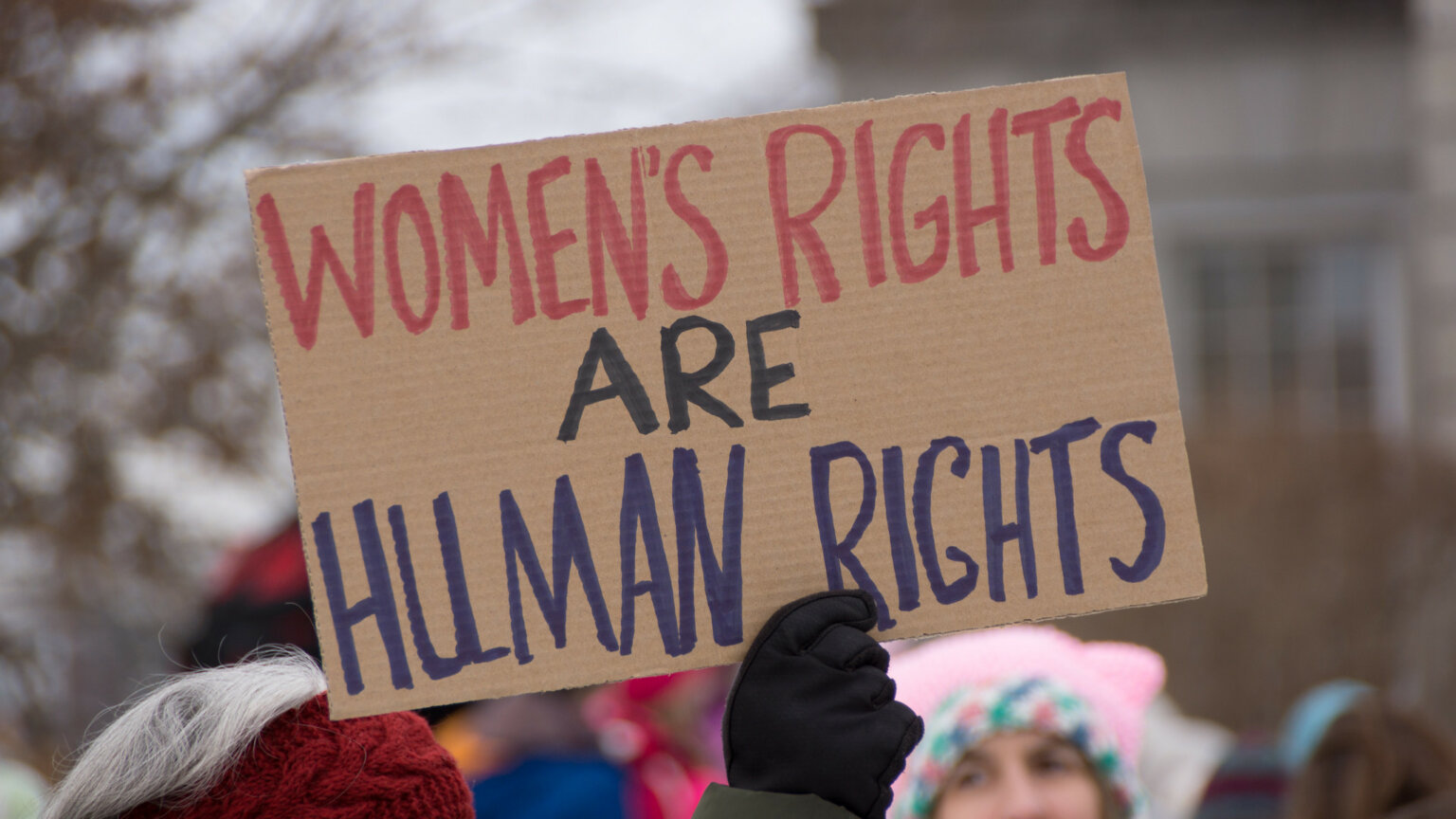- About
- Topics
- Picks
- Audio
- Story
- In-Depth
- Opinion
- News
- Donate
- Signup for our newsletterOur Editors' Best Picks.Send
Read, Debate: Engage.
Following President Megawati Soekarnoputri's term, Indonesia, the largest nation in Southeast Asia, has yet to witness a woman at its helm.
It has been 20 years since the country had a female leader. This situation will persist through the upcoming Presidential 2024 election, as female candidates have yet to emerge on the political horizon.
On February 14, Indonesian citizens will vote for one of three presidential candidates to lead Indonesia for five years. Anies Baswedan, a former governor of the capital Jakarta, running alongside Muhaimin Iskandar, leader of the Islamic party of National Awakening Party (PKB), is the first candidate. Indonesia's Defense Minister Prabowo Subianto Djojohadikusumo and President Joko Widodo's eldest son Gibran Rakabuming Raka follow as the second candidate. The last candidate is former Central Java Governor Ganjar Pranowo, with his running mate, the country's Coordinating Minister for Political, Legal, and Security Affairs, Mohammad Mahfud Mahmodin.
The Indonesian Election Committee notes there will be 204,807,222 voters out of more than 270 million nationwide. Ironically, the three male candidates rely on Indonesia's women to win, as women will be crucial in determining the next Indonesian leader, comprising 102,218,503 voters or around 50.09%.
Still, the country will hold a legislative election on the same date next year. According to the 2019 election result, women's involvement in legislation is just 20.8%. This number fell short of expectations despite Indonesia Law, which mandates that women's involvement in legislation be at least 30%.
The situation was quite the opposite in East Timor's 2022 election. The youngest country in Southeast Asia presented four female candidates, despite 62.09% of voters still believing in 72-year-old José Ramos Horta.
Bivitri Susanti, a constitutional law expert with Jentera School of Law in Jakarta, is deeply concerned about the upcoming presidential election. She told DW that situations like political party meetings often do not provide a secure and safe situation for women in Indonesia.
In Indonesia, it is common for women to enter politics when they take over the position of their husbands who have completed their terms. The governor's or regent's wife will often continue the office when their husbands finish their term. This practice reflects how women in politics are exploited by their husbands to extend their political power.
The ruling political party in Indonesia does not choose its presidential or leader candidate based on capability, ideas, or gender. Susanti told Fairplanet it is difficult for a female candidate to be a leader if she does not have certain advantages, such as family connections or affiliations with a political party.
This year, it is necessary for each contestant's campaign team to offer a concrete program addressing women's issues; political education is necessary to build equality and stop the exploitation of women. Indonesia must accelerate this movement since women's participation in leadership, politics, and the public sphere is essential to achieve the Sustainable Development Goals by 2030.
Despite such a pitiful democratic situation in Indonesia, Yayasan Jurnal Perempuan (The Women's Journal Foundation) provides some light.
The grassroots NGO is critical to democracy, providing education research and publishing scientific journals based on gender.
Under former President Soeharto's regime in 1996, they published the first and only feminist journal in Indonesia.
Female participation is critical to improving Indonesia's democracy through parliamentary and leadership roles while combating patriarchal norms.
Women must not be left behind. The voices of women determine the future.
Image by prananta haroun.
